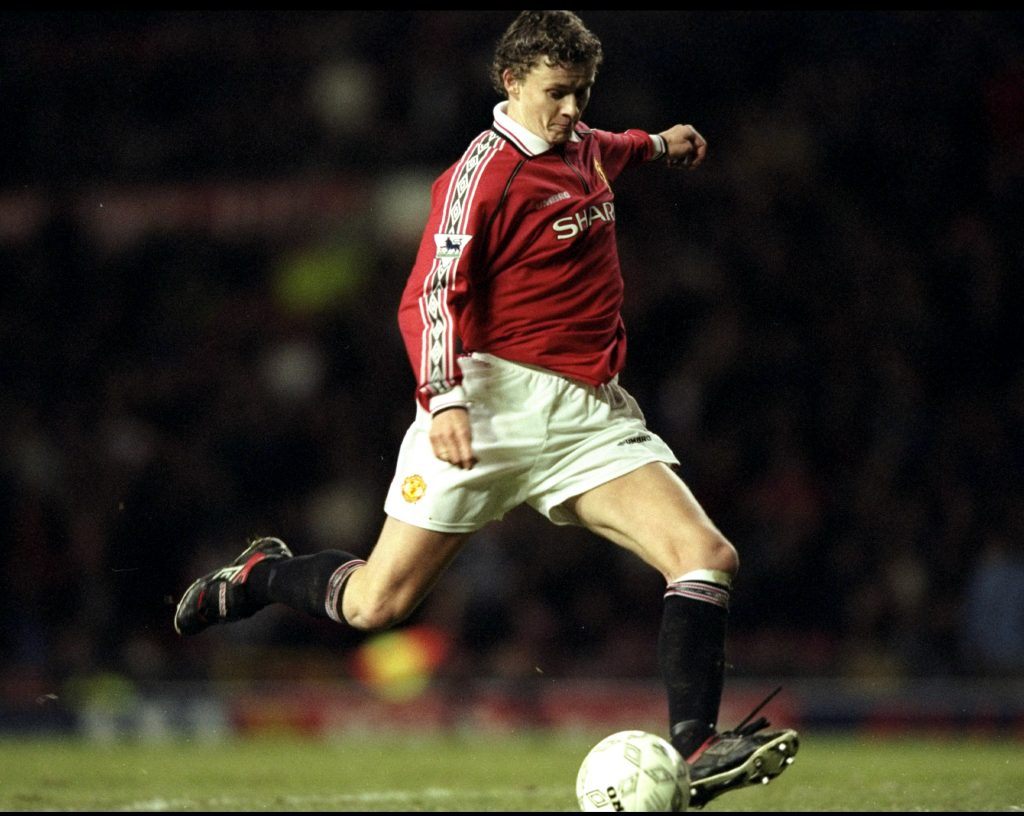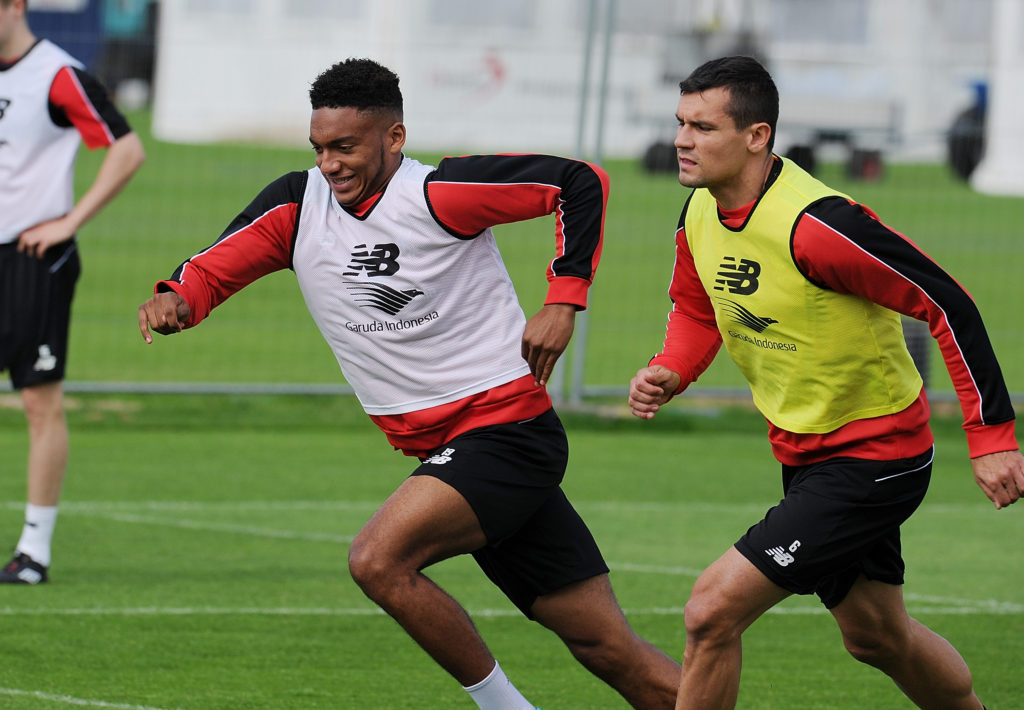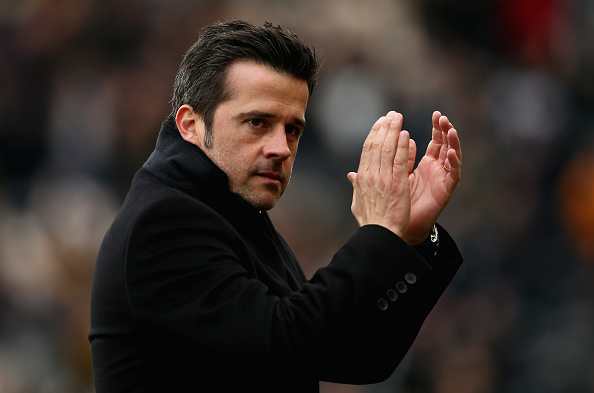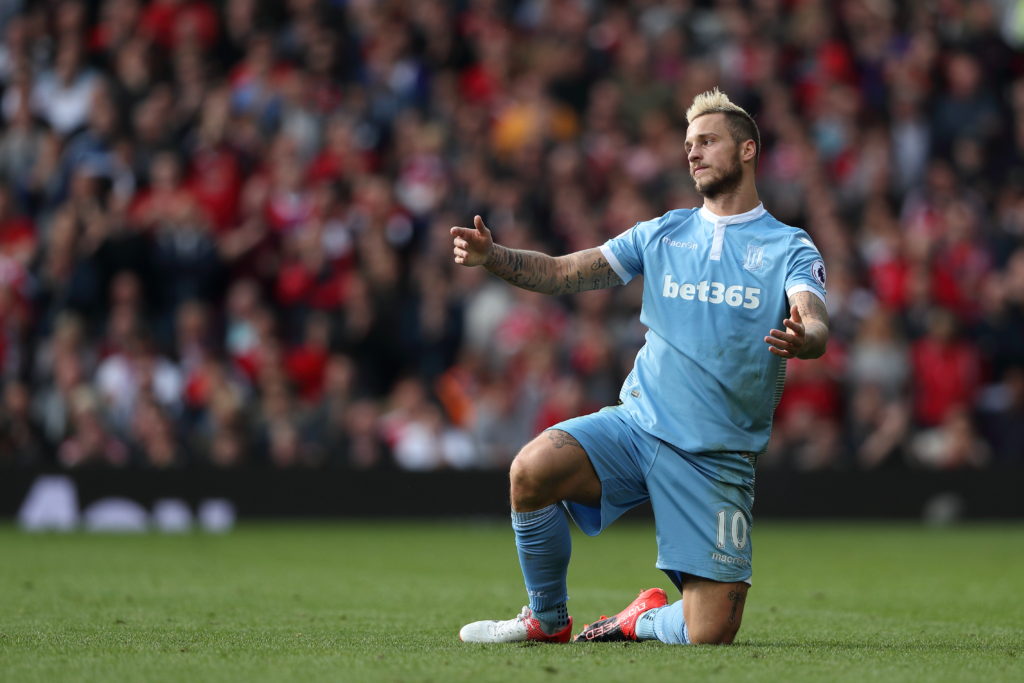Manchester United – Historical Cult Hero – Ole Gunnar Solskjaer
They have been the dominant force in English football for two decades so Manchester United have had plenty of heroes during that time.
From the early Premier League years and the great Eric Cantona all the way through to the current vintage and the next generation in Marcus Rashford, United fans have had plenty to savour.
A list of their greatest players in that time would probably feature in some order Cantona, Cristiano Ronaldo, Wayne Rooney, Paul Scholes and Ryan Giggs.
But when it comes to cult heroes, it’s hard to look past the great Ole Gunnar Solskjaer, even if the ‘Baby-faced assassin’ nickname grew a little tired by the end of his time at Old Trafford.
Early years and the super-sub
Solskjaer arrived from Molde, Norway, as a virtual unknown back in 1996, but he scored just six minutes after coming on for his debut against Blackburn Rovers.
In his first season he racked up 18 goals, quickly establishing himself as a go-to option for Sir Alex Ferguson alongside Andy Cole and Eric Cantona.
Given the options at their disposal, United used Solskjaer a lot as a substitute, a role he seemed happy to accept.
And it was his ability to get up to speed and make an immediate impact of the bench that made him such a valuable asset to Ferguson.
The Champions League final
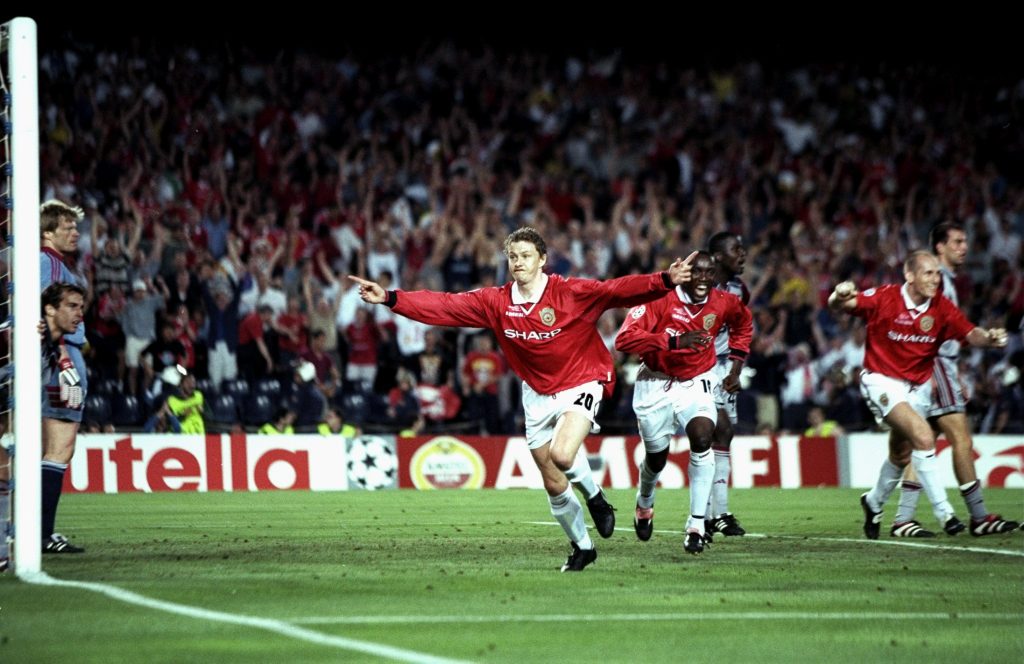
Ben Radford /Allsport
The 1998/99 season was an iconic one for United, as they claimed the treble, and it was in that season that Solskjaer cemented his place in their history.
A remarkable four goals in 12 minutes in an 8-1 win over Nottingham Forest was an early highlight, he also managed four against Everton.
He also won over the United faithful that season in unusual fashion, getting sent off against Newcastle. With teams tied at 1-1, Rob Lee looked to be clean through and Solskjaer hauled him down, earning a red card but saving a goal.
But the standout moment came at the Nou Camp as United completed the most unbelievable comeback.
Trailing to Mario Basler’s opener, United drew level in injury-time through Teddy Sheringham and when the former Tottenham man nodded down another corner two minutes later, inevitably Solskjaer reacted quickest to stab home.
The latter years
It was always going to be difficult to top the highs of 1999, but Solskjaer continued to be a threat through to 2003, reaching double figures in the goals tally every season.
Injuries then started to take their toll, but he enjoyed a throwback season in 2006/07, his 11th at the club, chipping in with seven league goals to help United to the title, the sixth of his career, to go with two FA Cups and that Champions League title.
He’s gone onto try his hand at management, proving very successful with Molde, either side of an ill-fated stint at Cardiff City.
If he continues to impress, perhaps a return to Old Trafford could be on the cards down the line?

